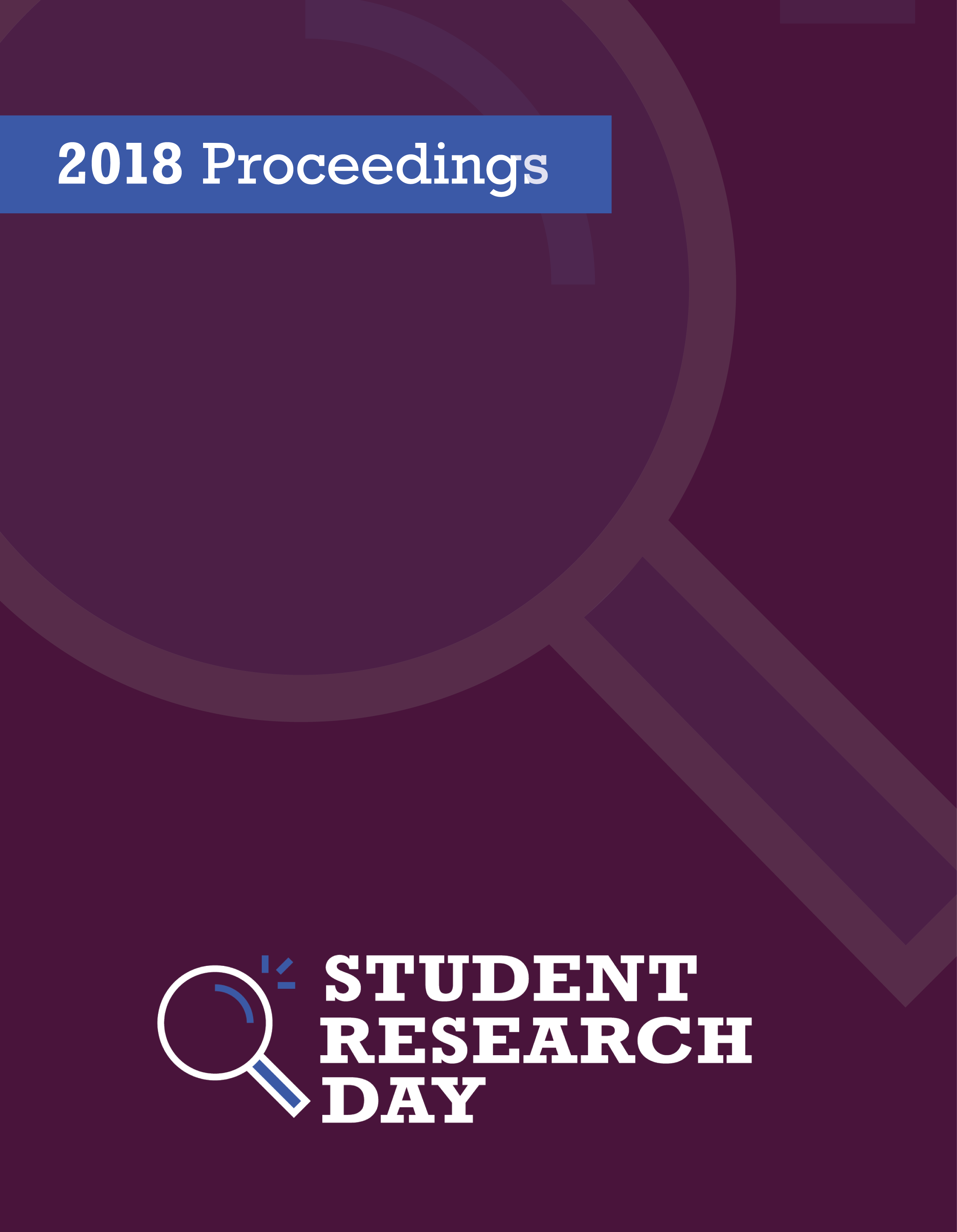The Effects of Noun-Labelling by Others and the Self in the Domain of Mental Disorders
Abstract
Using noun phrasing to refer to an individual's maladaptive behavioral pattern (e.g., "John is a drinker.") may lead to stronger inferences of identity, compared with non-noun phrasing (e.g., "John drinks"). Building on research from developmental and social psychology, the current studies examine the impact of noun labels in the mental disorder domain. In Study 1, 171 undergraduate participants read descriptions of hypothetical individuals’ behaviour (e.g., gambling, drinking, overeating) phrased using either noun labels or non-noun phrasing, depending on the condition randomly assigned. The hypothesis that participants would rate behaviours described using nouns as more stable and resilient compared with behaviour described using non-nouns was not supported. Self-labelling was investigated in the Study 2, 167 undergraduate participants were randomly assigned to either a drinking or gambling condition. In response to a series of questions regarding which of two phrases would reflect greater amenability to change, participants chose between a noun-label phrase (e.g., “I am a gambler”) or a non-noun equivalent (e.g., “I gamble whenever I can”). As predicted, participants’ perceived the noun-label phrase (e.g., “I am a drinker”, “I am a gambler”) as more in-keeping with an intent to change. These findings broaden our understanding of the effects of language which implies identity in the domain of mental disorders.
Discipline: Psychology (Honours)
Faculty Mentor: Dr. Andrew Howell
References
Downloads
Published
Issue
Section
License
Authors retain any and all existing copyright to works contributed to these proceedings.



